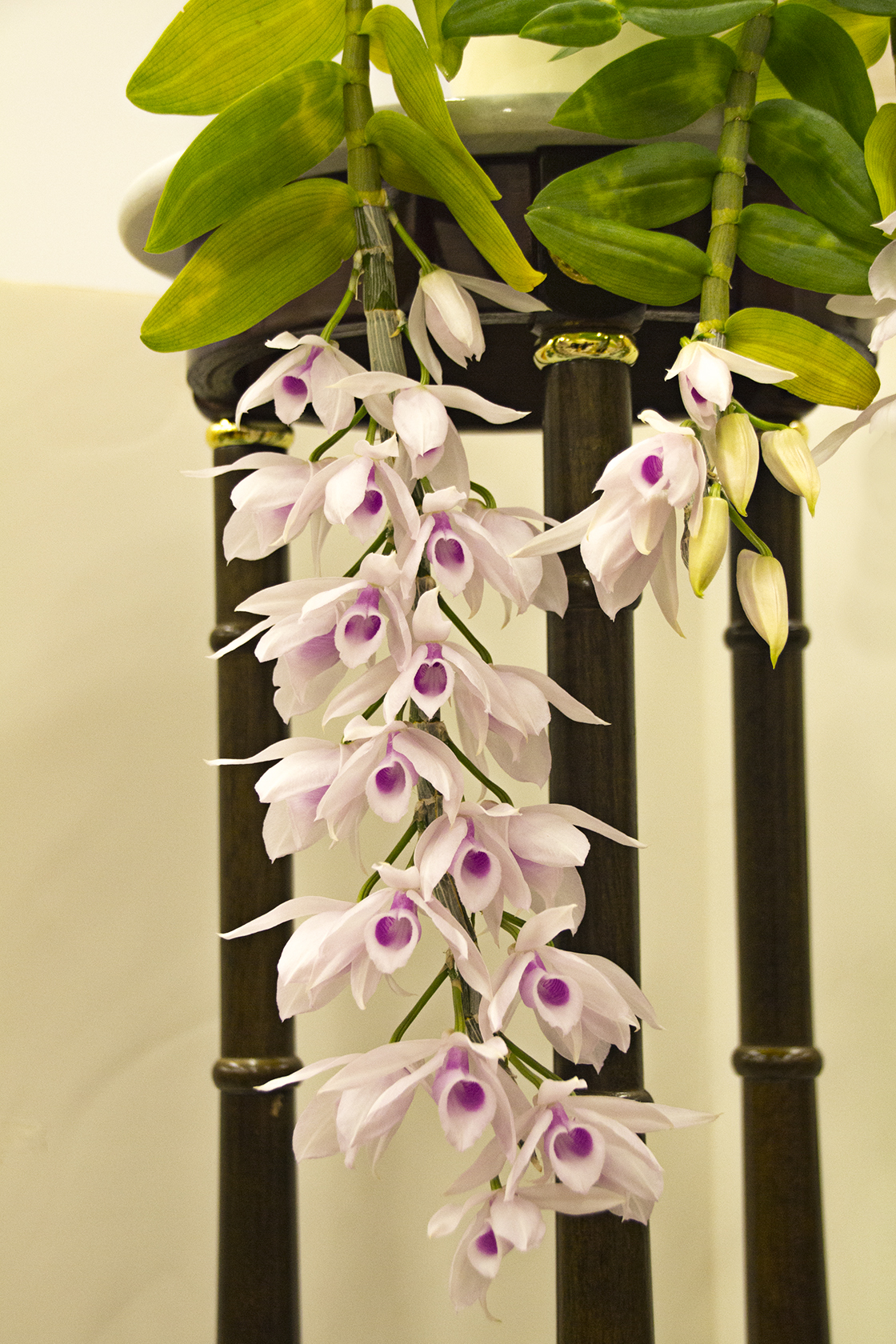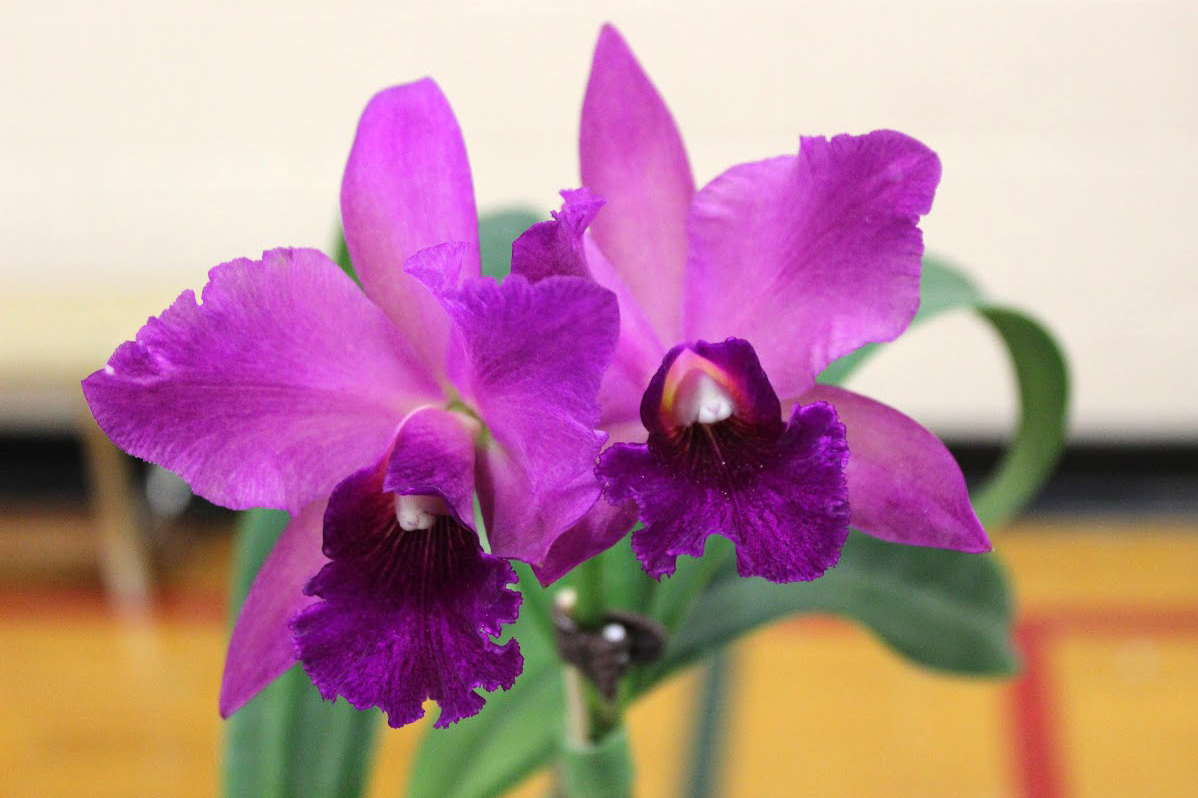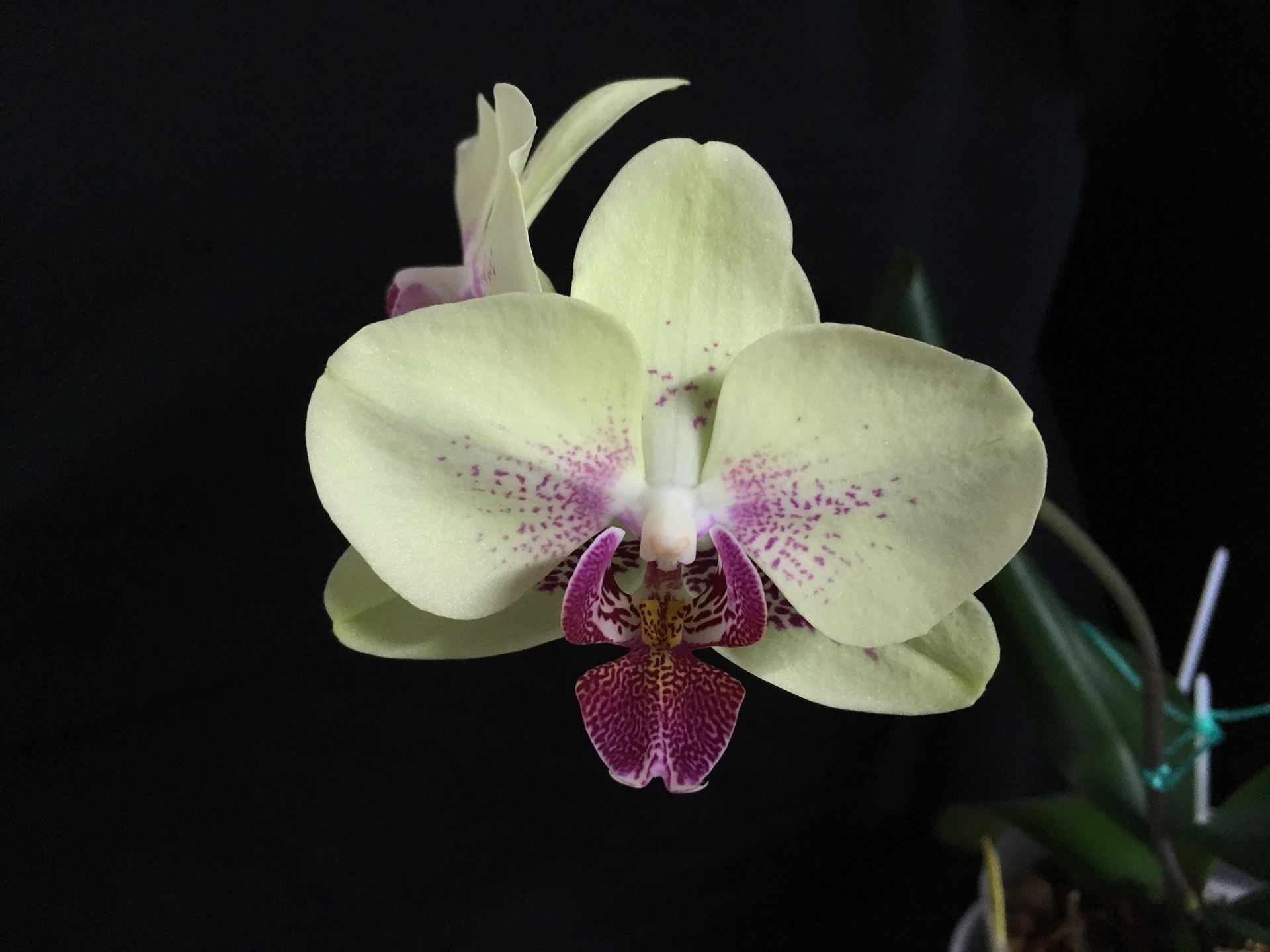 | | Login |
| Common Orchid QuestionsDo I have to have a greenhouse to grow orchids? Absolutely not! Greenhouses provide the ideal climate to grow a wide variety of orchids more easily than one can provide it in the home, but they are not essential equipment. Prize-winning orchids can be grown quite easily on a windowsill with a little attention to detail. They can also be grown under artificial light, and many hobbyists use their basements to accommodate their collections! As well, there are a number of hardy orchids that can be grown outside in the garden, including many native species. Are orchids hard to grow? Orchids have garnered a reputation for being difficult to grow, and this is an over-generalization. Although some orchids certainly are very difficult to grow, the majority of those orchids that are readily available in the retail trade are actually quite easy to grow, and there are many that have been bred for easy cultivation in the home. Examples of popular orchid genera (plural of genus) for use as houseplants include Phalaenopsis, Cattleya, Cymbidium, Dendrobium, Paphiopedilum, and Oncidium. Many of these can be purchased at home improvement stores, flower shops, garden centers, and even department stores at quite reasonable prices. My orchid grows very slowly. Am I doing something wrong? If you do not have much experience growing orchids, their slow rate of growth may surprise you. Orchids grow slower than most other plants because they have a low rate of metabolism - an adaptation that allows them to grow in areas with low levels of nutrients, water, and/or sunlight. Although orchids do grow slower than other plants, they should appear in most cases to grow steadily (although many orchids really slow down or stop growth during the winter). If your orchid doesn't appear to be growing at all, consider refining your cultural techniques. Unusually slow or stunted growth is usually the result of the plant not getting enough nutrients, water, or sunlight. It can also signal health problems with the plant, such as root damage or an insect infestation. Examine the plant closely to eliminate any possible health problems (perhaps unpot the plant to check for root problems), and review your cultural regime to ensure the plant is getting what it needs. |



